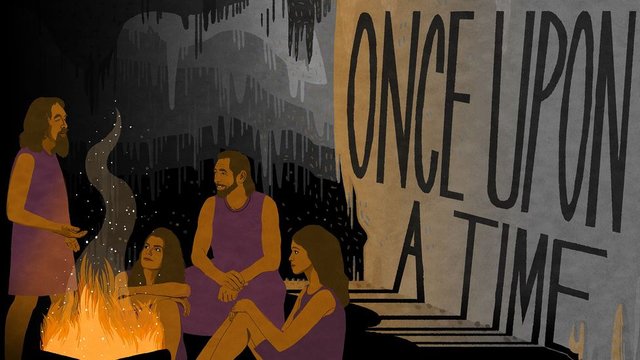
Introduction:
Stories have been an integral part of human culture since time immemorial. From ancient myths etched on cave walls to modern blockbuster films, narratives have a unique power to captivate, inspire, and influence. This article delves into the profound impact of storytelling on our perceptions and culture, exploring how narratives shape our understanding of the world around us.
The Psychological Connection:
- Humans are wired to connect with stories on a deep emotional level.
- Neurological studies reveal how stories trigger empathy and mirror neuron activity.
- How relatable characters and situations in narratives affect our emotions.
Framing Reality:
- How narratives frame our perception of reality.
- The concept of "narrative bias" and its influence on our beliefs.
- Examples of how media narratives can shape public opinion and attitudes.
Cultural Transmission:
- Role of stories in passing down cultural values, traditions, and history.
- Folktales, myths, and legends as cultural repositories.
- Modern reinterpretations of traditional narratives in contemporary contexts.
Influence on Identity:
- How personal and collective identities are shaped by narratives.
- Representation and diversity in storytelling: impact on marginalized communities.
- The power of inclusive narratives to challenge stereotypes and promote understanding.
Storytelling Formats:
- Evolution from oral tradition to written word, visual media, and digital platforms.
- The rise of transmedia storytelling and interactive narratives.
- How various mediums impact the way stories are told and received.
Moral and Ethical Lessons:
- Morality tales and fables: conveying lessons through allegory.
- Ethical dilemmas presented in narratives, prompting reflection.
- The responsibility of storytellers in shaping values and behavior.
Storytelling in a Globalized World:
- Cross-cultural exchanges through narratives: fostering global understanding.
- Challenges of cultural appropriation and sensitivity in a diverse world.
- How digital connectivity accelerates the spread of narratives across borders.
Conclusion:
In a world saturated with stories, it's crucial to recognize the power they hold in shaping our beliefs, perceptions, and cultural norms. Whether passed down through generations or shared across social media platforms, narratives are the threads that weave the fabric of our shared human experience. Understanding the art of storytelling enables us to engage critically with the stories that shape our world, fostering a more inclusive and empathetic society.